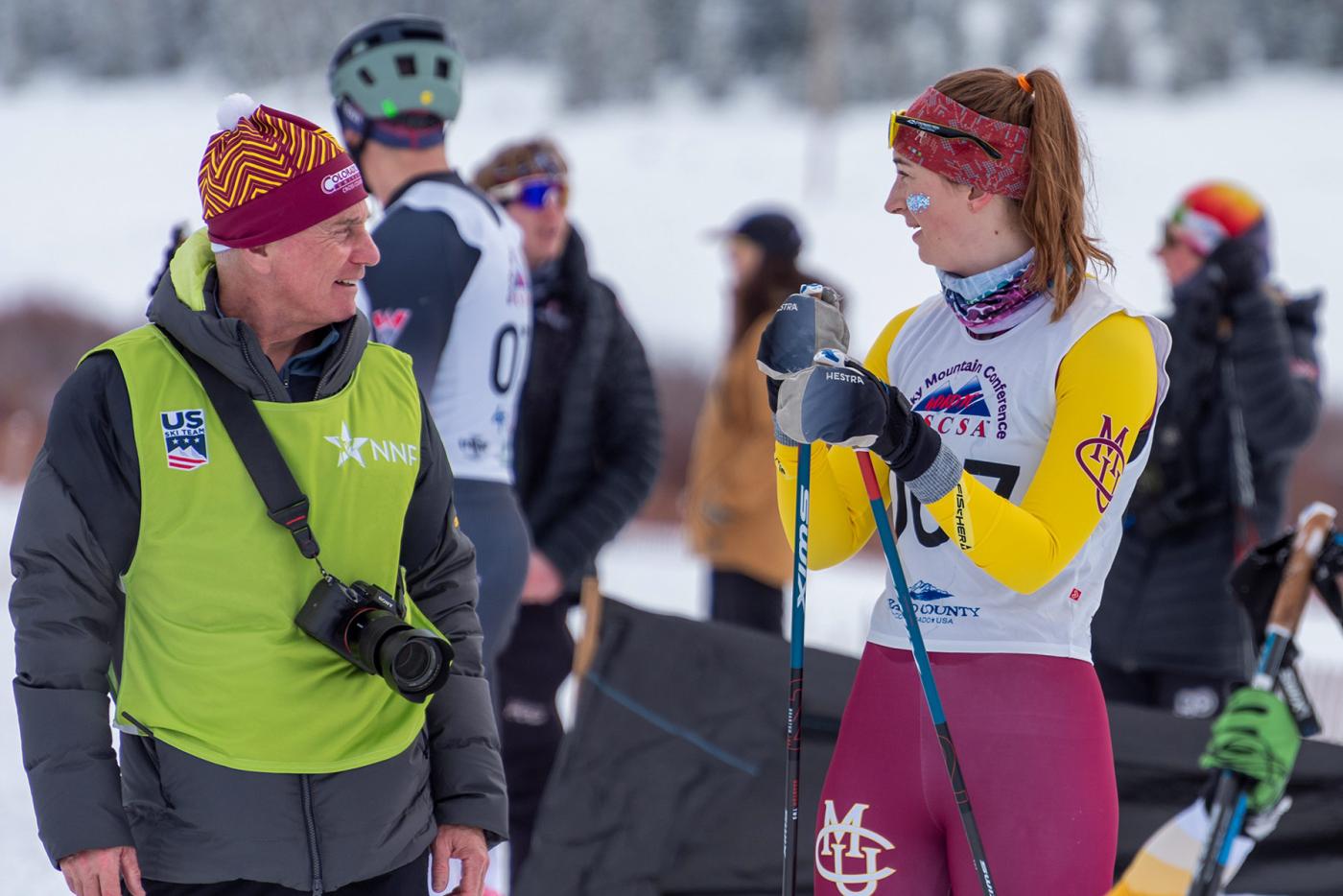I’ve got some thoughts in response to Jim Galanes’ article on the Level 100 coaching requirement from US Ski & Snowboard: https://fasterskier.com/2025/07/us-ski-and-snowboard-level-100-mandate-a-closer-look/
I appreciate Jim Galanes’ piece on the Level 100 coach certification mandate from U.S. Ski & Snowboard, and I share some of his concerns—especially regarding accessibility and clarity. But I’d like to offer a slightly different lens.
First, I do believe in coach education, and I believe in certification—not as a bureaucratic box-checking exercise, but as part of a commitment to professionalism and athlete development. We cannot build a strong coaching culture around the idea that “anyone can coach however they want.” That leads to fragmentation—every coach developing their own language, pedagogy, priorities, and athlete development pathways. That’s not a system. That’s chaos.
The beauty of certification—when done right—is that it fosters a shared framework: a vocabulary, a methodology, and a set of principles grounded in research and best practices. U.S. Ski & Snowboard (USS&S) and PSIA, for example, complement each other in this respect. Both have education departments that continually evolve. They challenge us to not just teach the way we were taught, but to teach based on what we now know works best.
That said, the concerns Jim raises about accessibility are real—but I’d argue the responsibility for the cost of certification doesn’t rest with U.S. Ski & Snowboard. It rests with the clubs that employ coaches, and with the coaches themselves when they’re operating as independent professionals within a club structure. Of course, the cost of education must somehow align with the economic viability of the roles it supports.
For coaches who build their own audience and reputation under a club’s name—essentially selling their services within that ecosystem—investing in education and certification (through USS&S, PSIA, university courses, etc.) makes sense. It makes them better coaches, more effective communicators, and more in demand. It also makes them safer coaches, better equipped to manage risk and improve the safety of their athletes. It’s a professional investment, and in many cases, it pays off in opportunities, reputation, trust from athletes and parents—and in a safer environment for everyone involved.
For volunteers, though, that’s a different story. If someone is donating their time to help kids ski, then the club—not the volunteer—should be covering the cost of required certification. If a club wants to be recognized as a USS&S Certified Club or a PSIA-recognized ski school, there’s a baseline investment required. If the goal is simply to get kids on snow and there’s no budget for coach development, that’s fine—but it comes with the understanding that it’s not going to be a certified program.
Complaints about the mandate often come from this economic mismatch. Coaches aren't rejecting education—they're rejecting the expectation that they should personally fund it when their role isn’t treated or compensated as a professional one. That’s not a flaw in the certification system; it’s a structural issue within clubs.
I agree with Jim that coach education needs to be more than reading a manual or skating in a parking lot. It should be rooted in mentorship, discussion, shared learning, and evolving our collective understanding. And in many cases, it already is. Coaches who fully engage with the education systems offered in the U.S.—whether through USS&S, PSIA, or Canadian organizations—will find vibrant, evolving resources. Certification is just the beginning of the learning process. As in most fields, it’s up to the individual to pursue continued growth. Instead of dismissing those resources, coaches should embrace them—they make us more relevant, more effective, and more in demand.
By choosing to publish this article—without critical framing or counterpoint—from someone who frequently dismisses formal ski coaches' education, FasterSkier risks amplifying a message that undermines the very foundation of professional coaching in our sport. While open dialogue is good, giving a platform to arguments that reject the value of shared standards sends the wrong message—especially to developing coaches, emerging programs, and the parents and athletes who depend on qualified instruction.
Certification systems are not perfect, but they exist for a reason: to raise the floor, not the ceiling. They ensure that every athlete, no matter where they live or who they train with, is supported by coaches who have demonstrated a basic level of competence, safety, and understanding of long-term development. Undermining those systems without offering a better, scalable alternative doesn’t move us forward—it puts us at risk of lowering the quality and consistency of coaching nationwide.
We should absolutely debate how to improve coaches education. But questioning whether we need standards at all isn’t progress—it’s regression.
Marcin (Martin) Wiesiolek
Coach | PSIA & US Ski & Snowboard Certified

